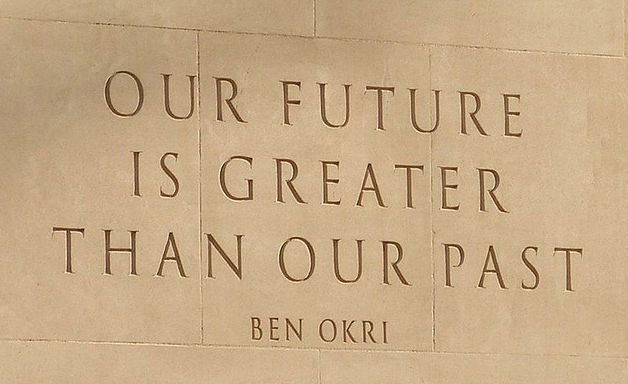Jonathan Dodd‘s latest column. Guest opinion articles do not necessarily reflect the views of the publication. Ed
I’ve done some odd jobs in my time. I once spent a few weeks working nights at Tesco, straightening boxes of biros and birthday cards and restocking the toy shelves. I was lucky there in two ways, firstly because it was so much less unpleasant than the juice shelves (the worst, according to my fellow workers), and secondly, because an agent phoned me with a job offer like a guardian angel and I was rescued, back to a nice clean office and daytime hours.
That was during the last difficult financial period, in the second and third years of this millennium. I had been out of work for a year and a half, was getting divorced, and I had just decided that my inglorious career in IT was at an end. I was on my uppers, so to speak. I remember each month converting all the money I had into cash and making two piles with it. One large pile for the landlord, and a very small pile for me to live on. It wasn’t funny, and I’ll never forget it.
Better than not working at all
I’ve been lucky since, because I’ve managed to work all through the latest financial difficulty, although it has been touch and go sometimes, like getting a job in Folkestone that didn’t quite cover all the monthly expenses, but was better than not working at all. We all have lists of places we’re not going back to – ever. Folkestone is at the top of mine. Sorry, Folkestone, but that’s how it is.
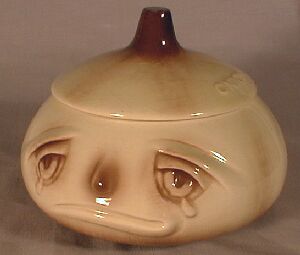
The thing is that I’m always aware of how easily things can go to pot, and I’m also aware of how you think you can’t sink any further down but there’s always another level. And I know what it’s like to get an opportunity when it seems like you’re done for.
It’s the sign of a humane and civilised society
We are lucky enough to live in a time of safety nets. I’m not aware of anyone actually starving on the street in England even now, and there’s always some kind of help available even if you’re the type to reject it, or in so much trouble that you can’t help yourself. It’s the sign of a humane and civilised society, and I’m grateful for that.
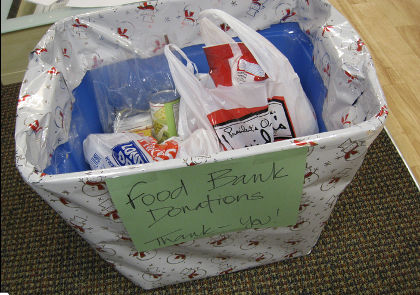
We argue and agonise about the extent of immigration and welfare, politicians build up barricades of argument and throw figures at each other, but I suspect it’s all about positioning themselves to attract that relatively small number of floating voters who actually decide the results of general elections. Whoever’s in power, they never seem to do more than tinker with the system, because they’re (nearly) all basically civilised and decent people. I believe that.
Spare money in our wallets
This latest financial crisis is showing signs at last of improving. We’re very good at forgetting the previous bad time as soon as we have some spare money in our wallets or an unexpected raise in our credit card limit in the post, and I’m just as bad as everyone else.
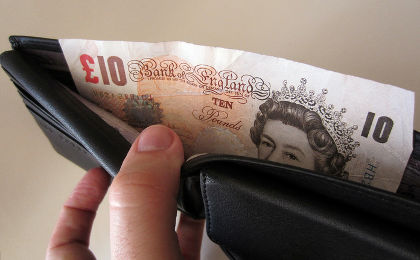
I’m always fascinated by this ability we have to forget. After a period without money, we get a job and resume our lives. We put it behind us. Literally. And we don’t appear to remember, and it doesn’t appear to have an effect on our future behaviour.
All over by Christmas
But things do change, slower than many would like, I know. This year we are marking the centenary of the beginning of the First World War. There probably isn’t anyone alive now who marched off to war in 1914, but history records the excitement and fervour that gripped the nation, and the apparent certainty that it would be ‘all over by Christmas’. Of course it wasn’t, and it turned out to be the defining moment of the last century, still casting a very long shadow.
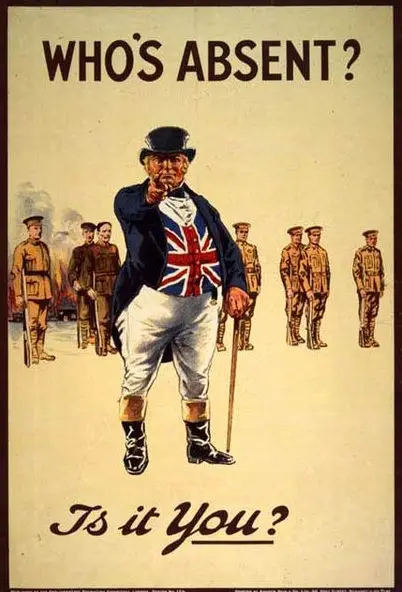
The difference was that the Great War was the first to be fully reported and recorded. It was fought practically on our doorstep, with war tourists crossing the Channel to watch the distant battles from the safety of Belgian hotels. At least at the beginning. There was less enthusiasm for the Second World War, and since then wars have become generally more contentious. Like Vietnam, and Iraq, and Afghanistan.
Opportunities to talk and negotiate
Wars have become harder to sell. We no longer obey our politicians and kings, we protest and even riot. As a country we have always declared ourselves ready to join in almost any fight, no matter how far away. Those days are almost behind us now. When our Prime Minister wanted to intervene in Syria recently the House of Commons refused to support him, and everything changed.
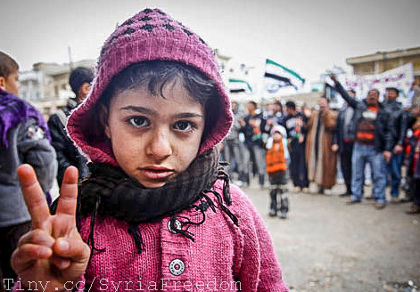
I don’t know whether it’s ever a good thing to go to war. I do know that making war is immensely destructive in so many ways, and does no credit to the human race as a whole. War is probably inevitable sometimes, but before every war there are always opportunities to prevent the coming conflict or to minimise it.
I’m not talking about appeasement here, I’m talking about being alert and challenging worrying behaviour before it escalates, while there are still opportunities to talk and negotiate. This would be a fitting monument to the outbreak of war 100 years ago.
Part of me thinks we ought to be able to apply that logic to the financial system too.
If you have been, thank you for reading this.
Image: arenamontanus under CC BY 2.0
Image: Moormand under CC BY 2.0
Image: Mastermaq under CC BY 2.0
Image: 401(K) 2013 under CC BY 2.0
Image: Public Domain under CC BY 2.0
Image: Syrian Freedom under CC BY 2.0

